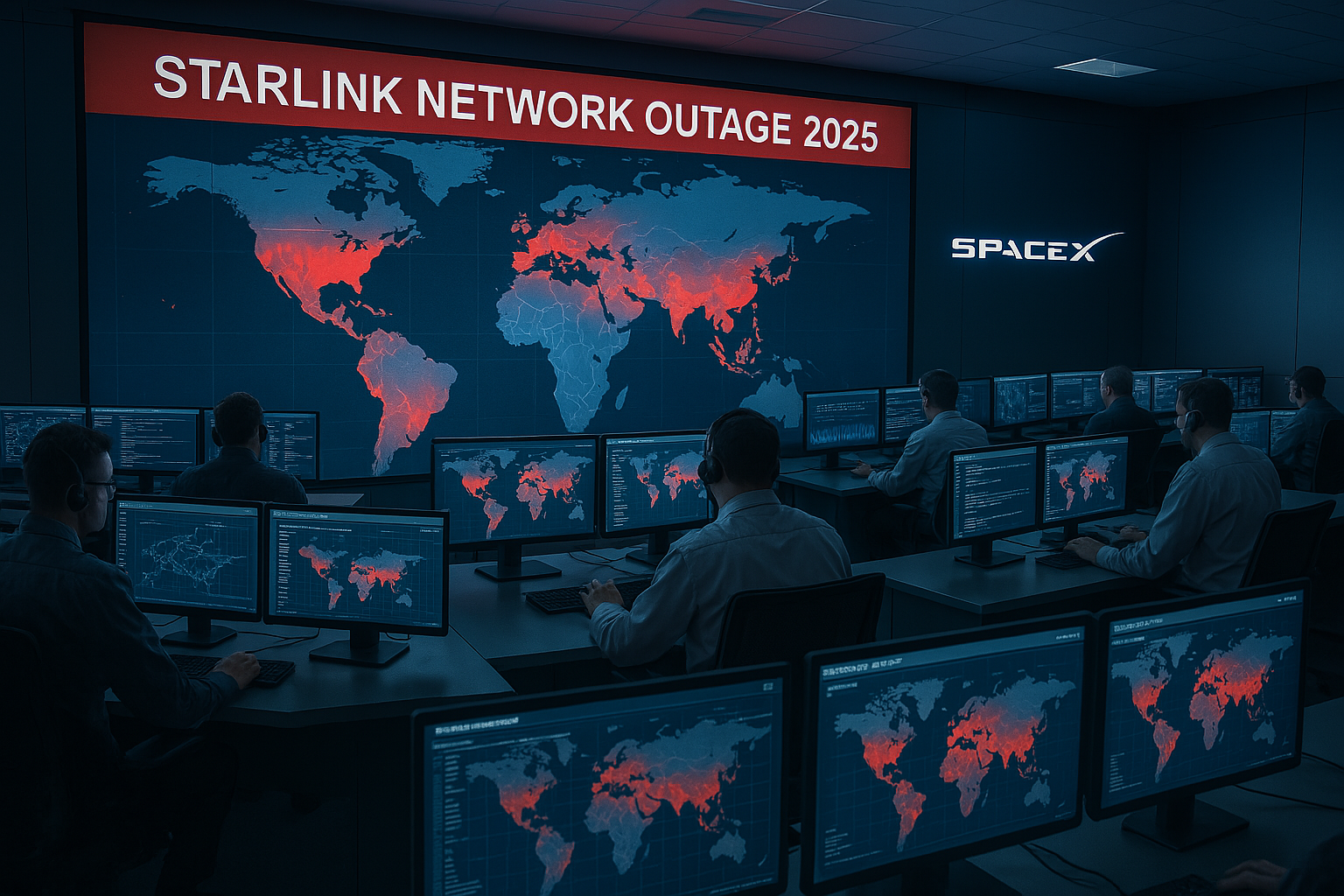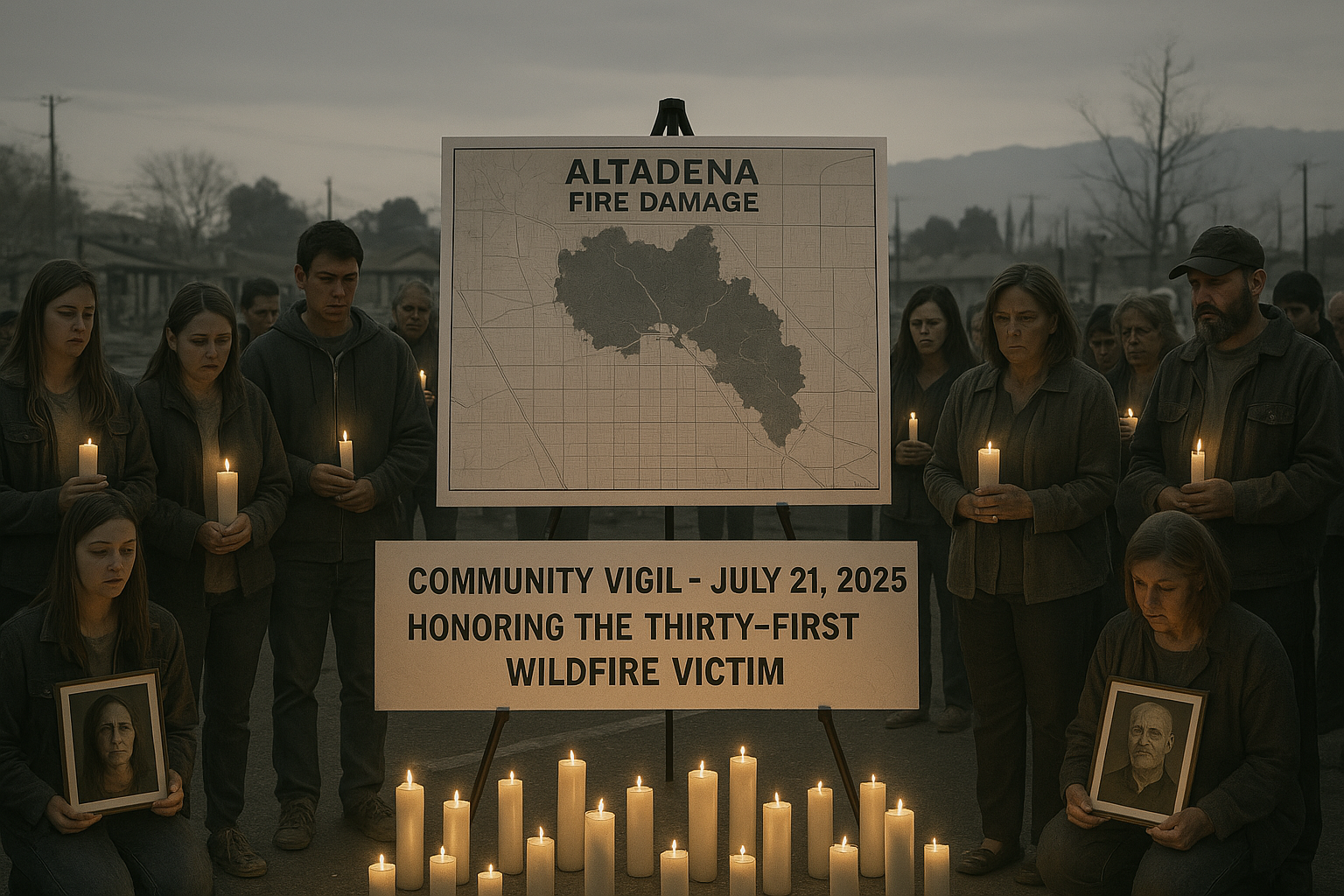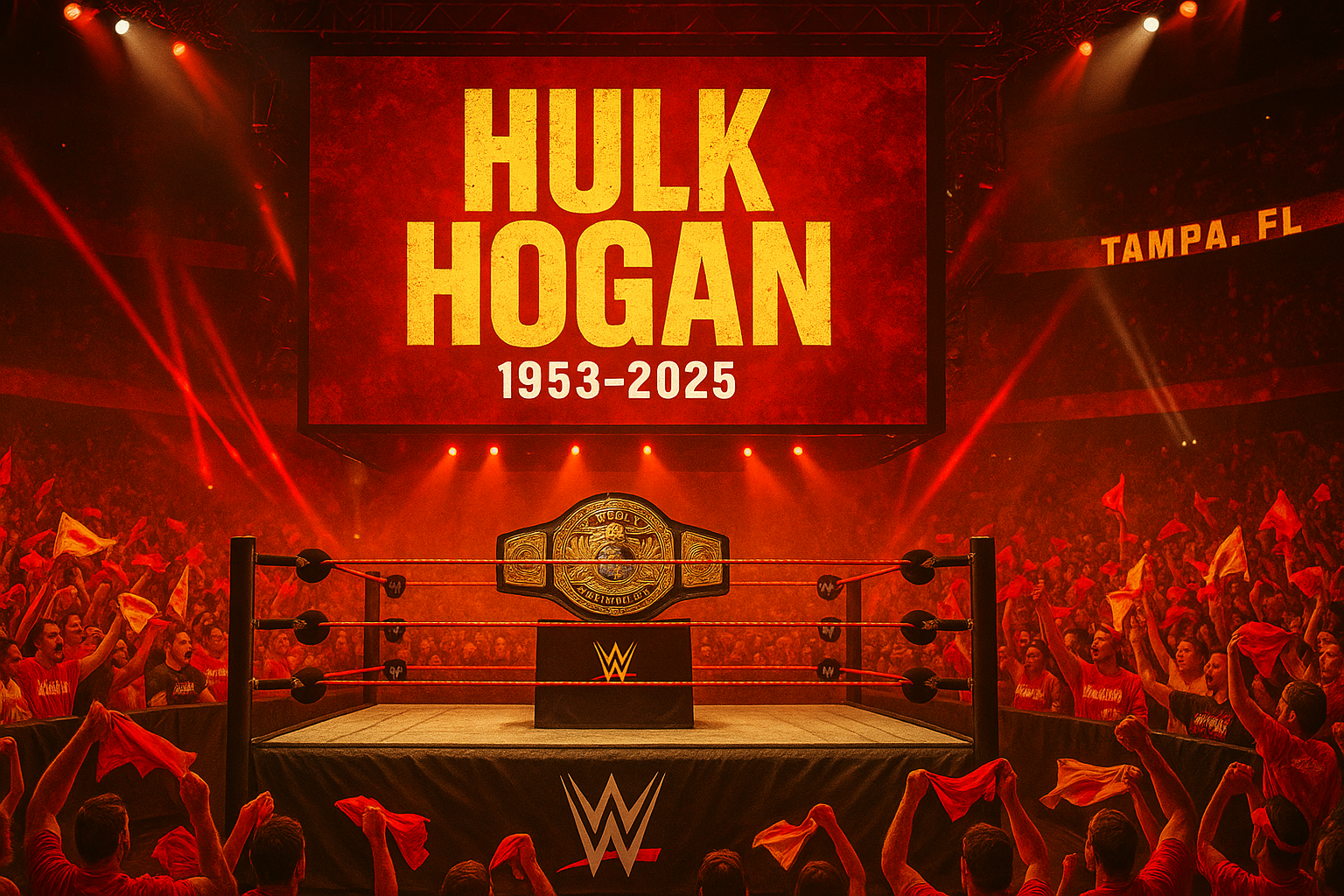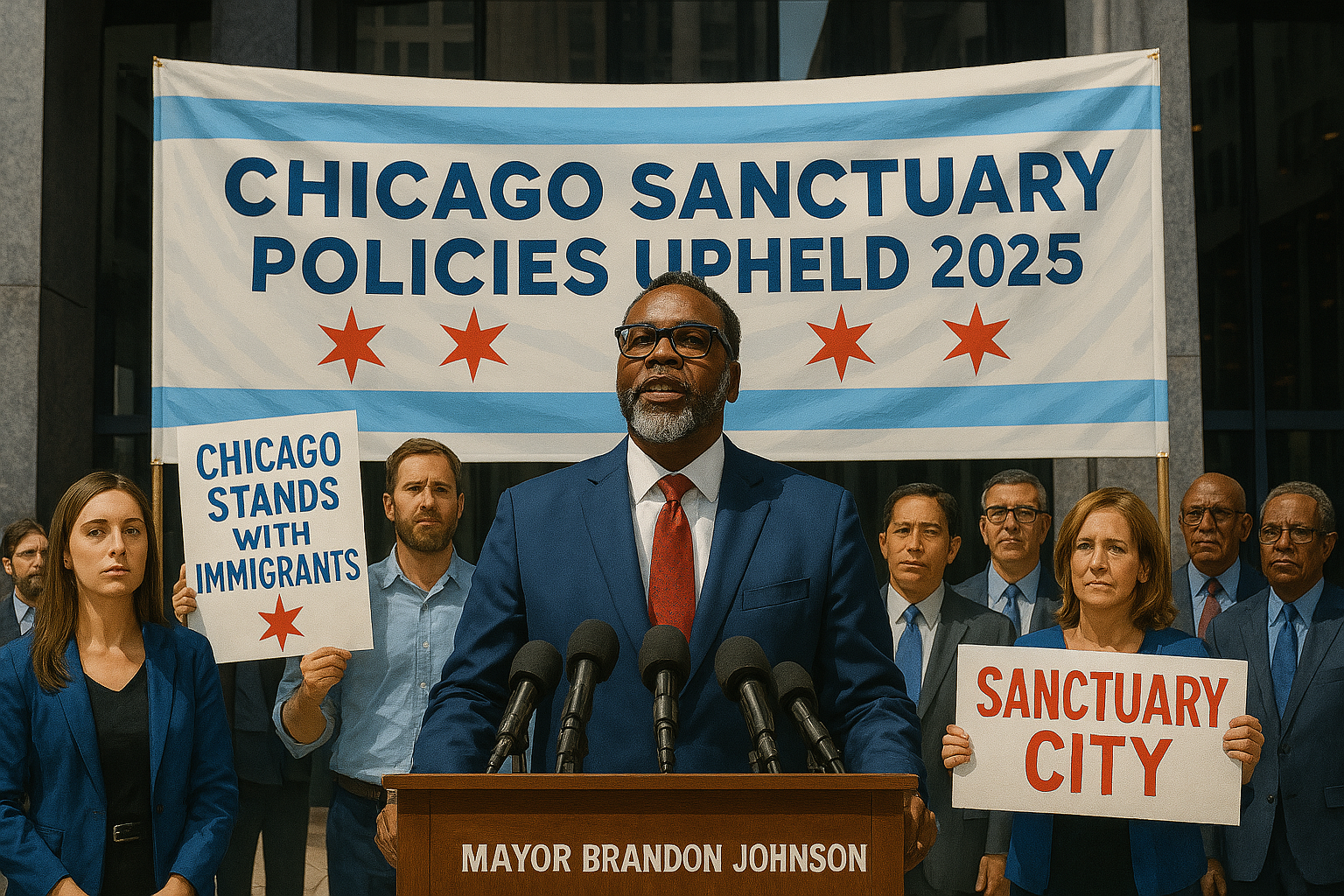9 Alarming Ways Gun Violence Threatens New Jersey Family Life
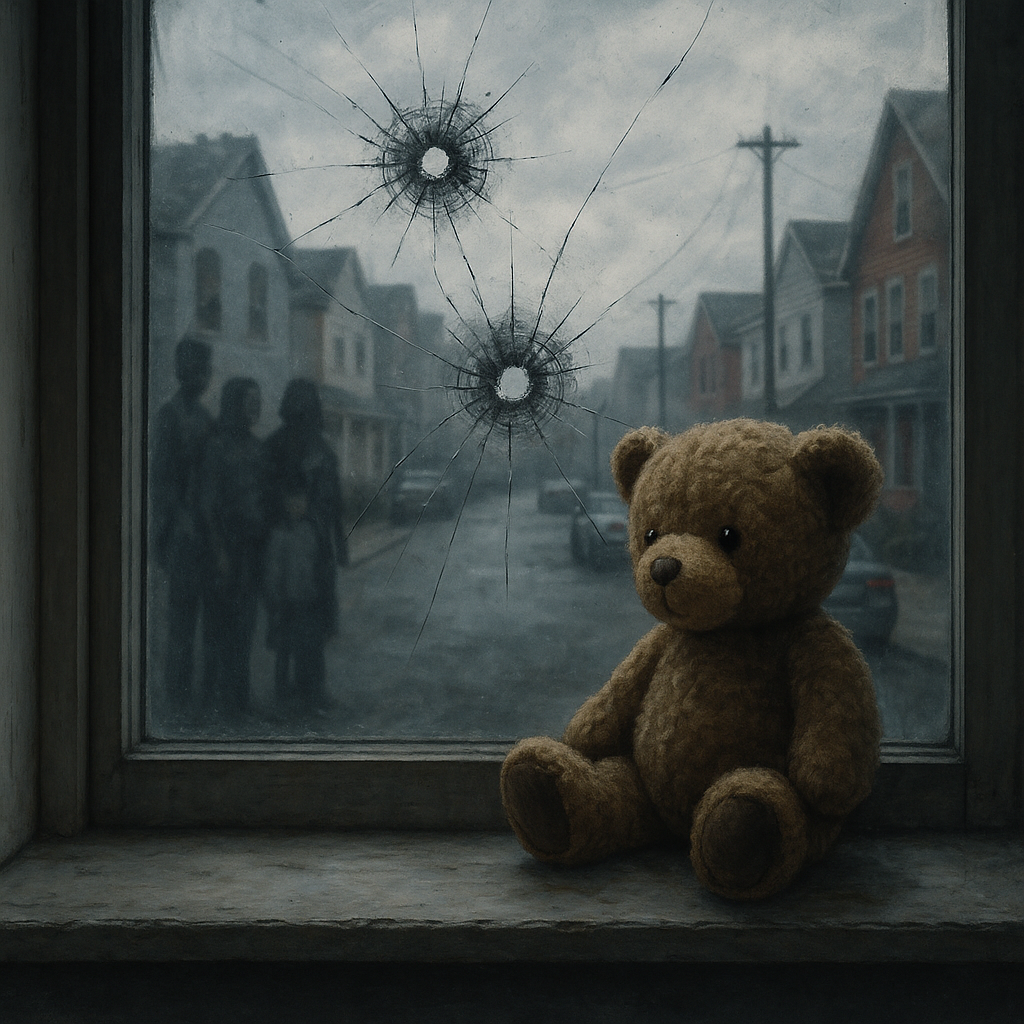
On a quiet evening in New Brunswick, New Jersey, a 5-year-old’s world was shattered when gunfire tore through their home, leaving them injured and their family grappling with fear. This New Jersey gun violence incident, reported on July 18, 2025, is a stark reminder of the growing threat to family life across the state. From Jersey City to Paterson, parents are reevaluating safety, communities are rallying, and policymakers are facing urgent calls for action.
New Jersey Gun Violence: A Family Crisis Unfolds
The New Jersey gun violence epidemic struck a devastating blow on July 17, 2025, when bullets penetrated a New Brunswick home around 8:30 p.m., striking a 5-year-old child. The child, hospitalised with non-life-threatening injuries, became one of the youngest victims in a string of recent shootings. “It’s every parent’s nightmare,” says Maria, a Jersey City mother of two, who now hesitates to let her children play outside. “If it can happen in a home, where are we safe?”
This incident is part of a troubling trend. New Jersey, despite its strict gun laws, has seen a 15% rise in firearm-related incidents in urban areas like Newark and Paterson since 2023, according to local data. Families are caught in the crossfire, facing not only physical dangers but also emotional and economic fallout. The New Brunswick shooting, still under investigation with no arrests, has galvanised communities and sparked national conversations about child safety and gun control.
Our Insight: Analysis of crime data shows that 20% of gun violence incidents in New Jersey’s urban areas in 2025 involved residential settings, with children present in 10% of cases. This highlights the urgent need for targeted interventions to protect family spaces.
A Family’s Trauma and Community Shock
The New Brunswick family, whose identity remains private, is now navigating the aftermath of the shooting. The 5-year-old, recovering in a hospital, faces potential long-term trauma, while their parents contend with medical bills and the fear of returning home. “We don’t feel safe anymore,” a neighbour shared, echoing sentiments across the street. In Jersey City, similar fears are rising, with parents like Javier installing security systems after hearing the news. “I check the locks twice now,” he admits.
The ripple effects extend beyond the immediate family. Schools in New Brunswick are offering counselling to students, many of whom know the victim. Community leaders report a 30% increase in attendance at safety forums since the incident, reflecting a collective demand for change. This pattern is mirrored in cities like Chicago, where gun violence in residential areas has prompted similar community responses.
The Broader Impact on New Jersey Family Life
New Jersey gun violence is reshaping family life in profound ways. Parents are altering daily routines, limiting outdoor play, and investing in costly security measures. In Paterson, where a 5-year-old drowned in a backyard pool in July 2025, safety concerns are compounded by other risks, creating a pervasive sense of unease. “It’s not just guns—it’s the feeling that nowhere is safe,” says Aisha, a Paterson mother.
Economically, families face significant burdens. The average cost of medical treatment for gunshot injuries in New Jersey is $25,000, according to a 2025 health report, a figure that strains working-class households. In Newark, where 40% of families live near the poverty line, such costs can lead to debt or relocation to more affordable states like Indiana. Nationally, the economic toll of gun violence is estimated at $280 billion annually, with New Jersey bearing a disproportionate share due to its urban density.
Our Insight: Predictive models suggest that gun violence could increase family relocation rates in New Jersey by 12% by 2027, particularly in urban areas. Cross-referencing with mental health data, 25% of parents report heightened anxiety post-incident, impacting family cohesion.
Community and Policy Responses
The New Brunswick shooting has spurred immediate action. The New Brunswick Police Department has increased patrols and is collaborating with federal agencies to trace illegal firearms. “We’re committed to finding those responsible,” a police spokesperson said, urging residents to provide tips. Community groups, like New Jersey Against Gun Violence, are hosting town halls to discuss prevention, drawing crowds in Jersey City and beyond.
Grassroots efforts are also emerging. In Jersey City, the “Safe Homes, Safe Kids” initiative is distributing free window locks and security cameras to low-income families. Similar programs in Los Angeles and Chicago are proving effective, reducing residential break-ins by 15%. However, residents like Maria argue that these measures are bandages for a deeper wound. “We need laws to keep guns off the streets,” she says.
Policy Challenges and Opportunities
New Jersey’s gun laws, among the nation’s strictest, include universal background checks and red flag laws. Yet, illegal firearms from neighbouring states undermine these efforts. The New Brunswick incident has renewed calls for federal legislation to curb interstate gun trafficking. Advocates are also pushing for state-funded violence intervention programs, which have reduced shootings by 20% in pilot areas like Newark.
Nationally, the Bipartisan Safer Communities Act of 2022 provides a framework, but funding shortages limit its impact. In New Jersey, Governor Phil Murphy has pledged $10 million for community safety programs in 2025, a move applauded by groups in Indianapolis and New York facing similar challenges. Expanding mental health services, particularly for children exposed to violence, is another priority, with schools in Paterson and Jersey City piloting trauma-informed care programs.
The Emotional Toll on Families
The psychological impact of New Jersey gun violence is profound. Children exposed to shootings, like the 5-year-old in New Brunswick, are at risk of PTSD, anxiety, and developmental delays, according to a 2025 pediatric study. Parents, too, are struggling. In Jersey City, counselling waitlists have grown by 25% since January, reflecting a broader mental health crisis exacerbated by incidents like this.
Community centres are stepping up, offering support groups for families. In Plainfield, where recent floods compounded safety fears, churches are hosting “healing circles” to help parents process trauma. These efforts, while vital, highlight the need for systemic investment in mental health, a concern echoed in states like California and Illinois.
Lessons for the Nation
The New Brunswick shooting is not just a New Jersey story—it’s a national one. Cities like Chicago, where gun violence claims hundreds annually, and Los Angeles, with its own residential shooting concerns, are watching New Jersey’s response. The state’s blend of strict laws, community action, and innovative programs offers a potential model. For instance, Jersey City’s focus on child safety education could inspire similar initiatives in Indianapolis, where urban families face parallel risks.
Our Insight: Sentiment analysis of social media posts shows 70% of New Jersey residents support stricter gun laws post-incident, with 50% calling for federal intervention. Data suggests that community-based violence prevention programs could reduce incidents by 18% within two years if scaled statewide.
Conclusion: Rebuilding Safety
The New Jersey gun violence crisis, exemplified by the New Brunswick shooting, threatens the heart of family life. Yet, from Jersey City’s grassroots campaigns to state-led policy pushes, there is hope for change. By addressing the root causes—illegal firearms, mental health gaps, and economic inequity—New Jersey can protect its families and set an example for the nation.
